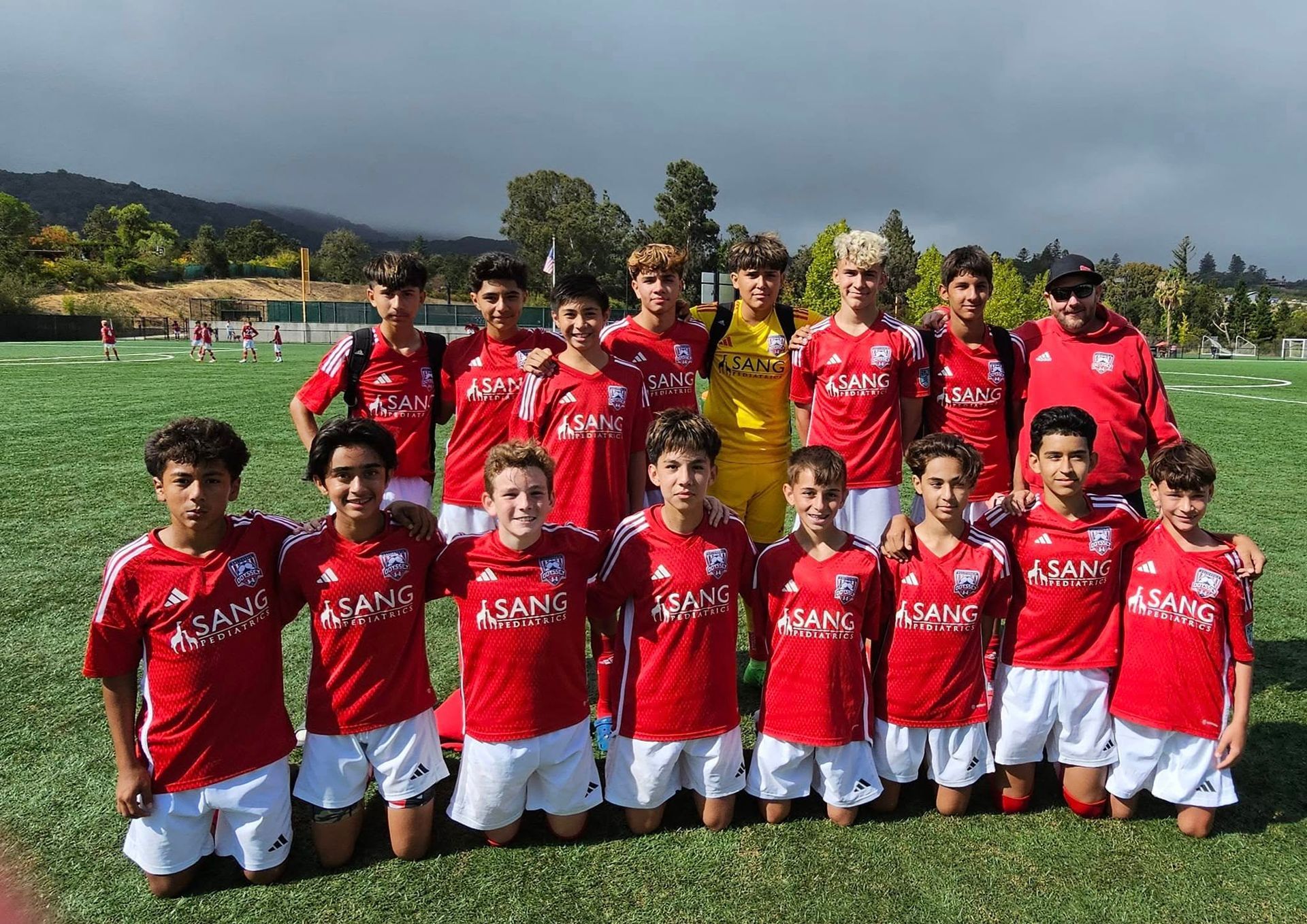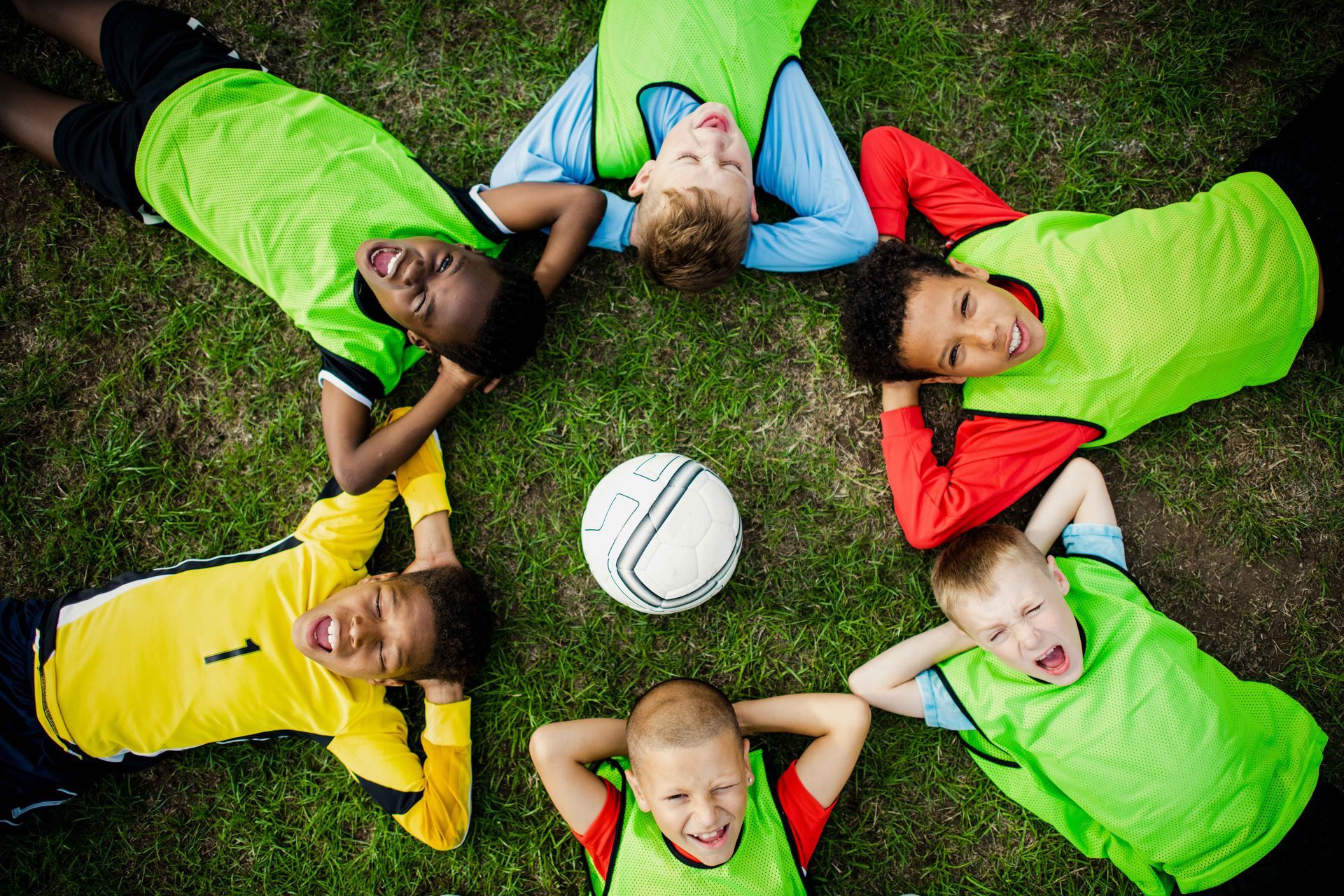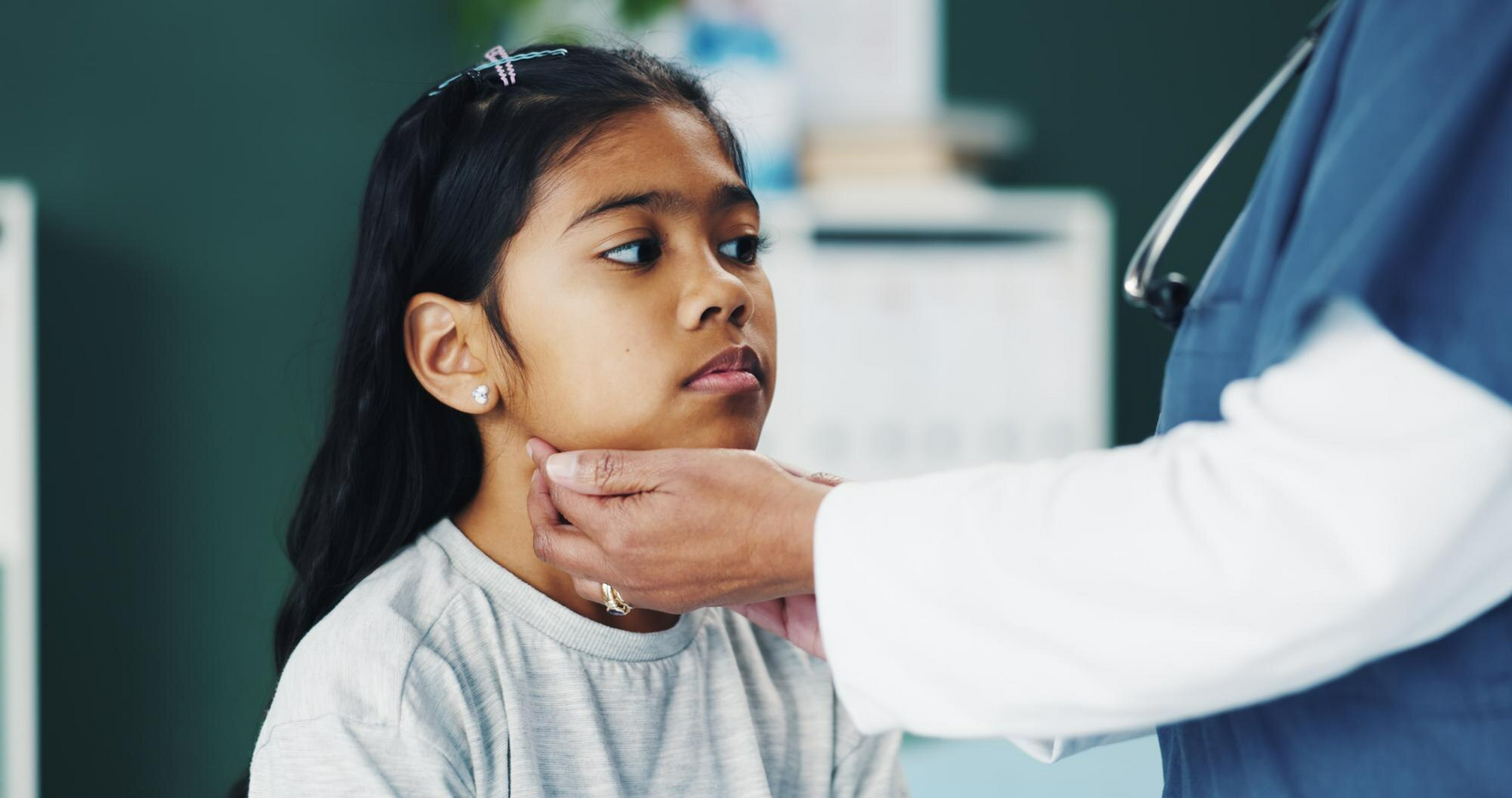Sports Physical & Season-Long Health Tips for Your Young Athlete
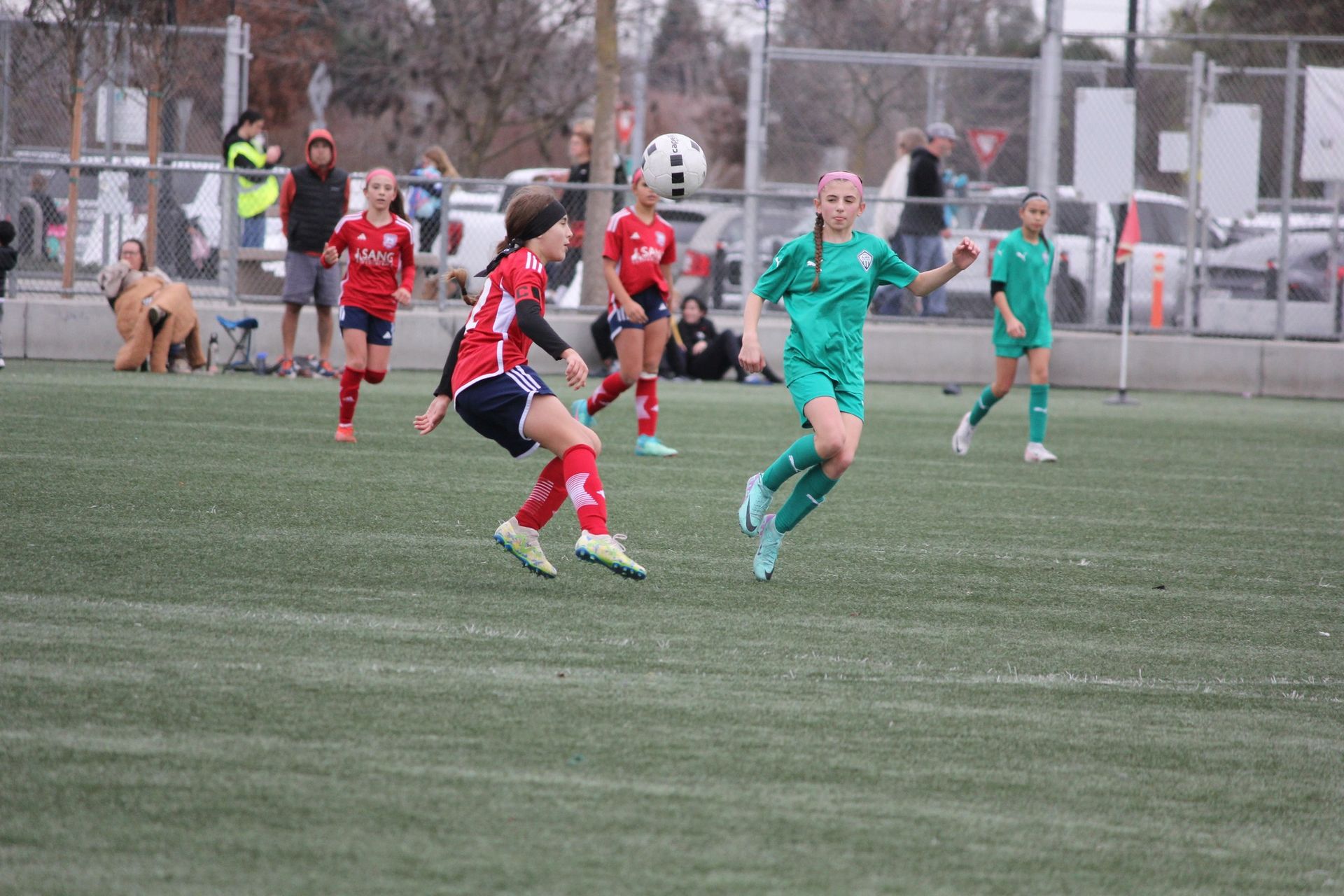
As a parent, it’s always nice to see your child sprint across the field with boundless energy, completely absorbed in the game they love.
You feel that familiar mix of pride and concern—thrilled to see them excel but quietly wondering if they’re pushing themselves too hard or showing signs of fatigue you might be overlooking.
At Sang Pediatrics, we can help you understand the physical needs of young athletes and keep them healthy, happy, and game-ready with a
comprehensive health physical examination. As part of our commitment to youth wellness, we’re proud to partner with the
Odyssey California Soccer Team to support young athletes both on and off the field. Ready to give your child a healthy head start? Schedule their physical today.
Your MVP Deserves a Healthy Season
Start Strong with a Pre-Season Health Check
Before your child hits the field, court, or track, it’s important to ensure their body is just as ready as their game face.
Here’s what to check off:
Schedule a Sports Physical
A Pre-Participation Exam (PPE) is designed specifically to:
- Evaluate overall physical health and readiness for sports.
- Catch any red flags that could lead to injury.
- Review health history, especially past injuries or surgeries.
Screen for Underlying Conditions
Even healthy-looking kids might have underlying issues that show up under physical stress, such as:
- Asthma or breathing difficulties.
- Heart murmurs or family history of cardiac problems.
- Joint or muscle weaknesses that could become overuse injuries.
Check with Sang Pediatrics
With us, you get a personalized approach to pre-season prep while:
- Getting to know your child’s health history and activity level.
- Offering guidance on training safely and pacing properly.
- Helping them build a strong foundation for a healthy season ahead.
Fuel Up with Proper Nutrition & Hydration for Young Athletes
Once your child is cleared to play, the next step is to make sure they’re properly fueled, as even the most seasoned athletes can run into difficulties without enough nutrition.
Key Nutrients to Keep in the Game
Growing athletes need more than just calories. Keep these MVP nutrients in their daily meals.
| Protein | Calcium & Vitamin D |
|---|---|
| For muscle repair and recovery (chicken, eggs, beans, Greek yogurt) | For strong bones (milk, cheese, leafy greens) |
| Iron | Carbs |
|---|---|
| For energy and oxygen flow (lean meats, spinach, fortified cereals) | For quick energy during practices and games (while grains, fruits, sweet potatoes) |
Hydration: Don’t Wait Until They’re Thirsty
Dehydration can sneak up fast, especially during outdoor sports. Encourage your child to:
- Drink water regularly throughout the day.
- Sip during practices and games (not just afterward!).
- Avoid sugary drinks and energy drinks.
Signs They Might Be Running Low
Keep an eye out for red flags that your athlete may not be getting what they need, such as:
- Fatigue or sluggishness during play
- Dizziness or frequent headaches
- Cramping or poor recovery after workouts
- Unusual irritability or loss of appetite
Keep Them Off the Sidelines with Injury Prevention & Early Detection
Many injuries can be prevented (or made less serious) with the right care and attention.
Common Youth Injuries We See Often
Knowing what to watch for is the first step to staying ahead. Some of the most common injuries include:
- Sprains and strains (usually in ankles, knees, or wrists)
- Overuse injuries (like shin splints, tendonitis, or stress fractures)
- Concussions (especially in contact sports)
“Toughing It Out” Isn’t a Badge of Honor
Most, if not all, young athletes learn to push through discomfort, but ignoring pain can lead to bigger issues. Encourage your child to speak up if they feel:
- Sharp or persistent pain.
- Swelling or limited movement.
- Headaches or dizziness after impact.
Even small symptoms deserve attention, especially if they linger or worsen.
When to Pause and Call the Doc
Take your child out of play and consult a healthcare provider if:
- Pain continues for more than a few days.
- They can’t bear weight or use a limb normally.
- There’s visible swelling, bruising, or weakness.
- They show signs of a concussion (confusion, nausea, light sensitivity).
| Sang's Quick Tips for Safer Play |
|---|
| Want to help your young athlete stay strong and reduce injury risk? Try these: |
| 1. Warm up & stretch before activity |
| 2. Don’t skip rest days; muscles need time to recover |
| 3. Cross-train to build balanced strength and reduce overuse |
| 4. Sleep well |
Support the Whole Athlete Mentally & Emotionally
Just like muscles, young minds need care, too, especially when sports start to feel more like pressure than play.
Stress, Burnout, & Performance Pressure are Real
Like most people, kids and teens often deal with:
- Performance anxiety (“What if I mess up?”)
- Burnout from packed schedules and nonstop training
- Fear of letting others down
Start the Conversation Early and Often
You don’t need all the perfect words; just being there matters. Try asking:
- “How are you feeling about your practice or games?”
- “Is anything making sports feel stressful right now?”
- “Do you still enjoy playing, or is it starting to feel like too much?”
Let them know it’s okay to take a break or speak up if something doesn’t feel right.
Balance Is Key (Yes, Even for Star Players)
To protect mental health, support physical growth, and avoid burnout, you can:
- Prioritize rest days; they’re just as important as training days.
- Keep space for fun, unstructured time (video games count!)
- Help them maintain a healthy balance between school, sports, and social life.
- Reframe setbacks as learning opportunities.
| Always Remember |
|---|
| Your unconditional love and support—win or lose—is the most powerful tool for protecting your child’s mental health. They need to know that your love isn’t tied to their performance on the field. |
Stay on Track: In-Season Monitoring Tools & Tips
So, your young athlete is in the thick of the season with practices, games, and all that comes with it. How do you keep tabs on their health while life’s moving fast?
Start a Simple Health Journal
Skip the fancy stuff. A basic notebook or notes app works just fine. Keep an eye on:
- Sleep (Are they getting enough?)
- Mood (Any irritability or signs of stress?)
- Appetite (Eating more or less?)
- Pain or soreness (Anything lingering?)
Tech That Helps
Some age-appropriate tools that can support your child’s health:
- Hydration reminder apps (like Plant Nanny or WaterMinder)
- Fitness Trackers (like Fitbit Ace for younger kids or Garmin Bounce for teens)
- Sleep apps with wind-down routines or sleep quality tracking
Post-Season Wrap-Up: Reflect, Recover & Recharge
The final whistle has blown, the uniforms are (hopefully) washed, and the season’s a wrap. But before you pack everything away, let’s talk about closing the season on a healthy note.
Schedule a Post-Season Check-In
Even if everything seems fine, booking a quick physical appointment with your pediatrician can:
- Spot any lingering injuries or overuse issues.
- Check-in on mental and physical well-being after a busy season.
- Offer guidance on off-season recovery and next steps.
Don’t Ignore Lingering Pain or Stress
That “little knee pain” that didn’t go away? Or the constant tiredness? Now’s the time to take a closer look.
Celebrate Wins, Big and Small
Take a moment to acknowledge:
- Personal growth (not just stats or scores!)
- New friendships, confidence, and discipline
- Any goals they achieved or just the effort they gave
Comprehensive Care In Every Season with Sang Pediatrics
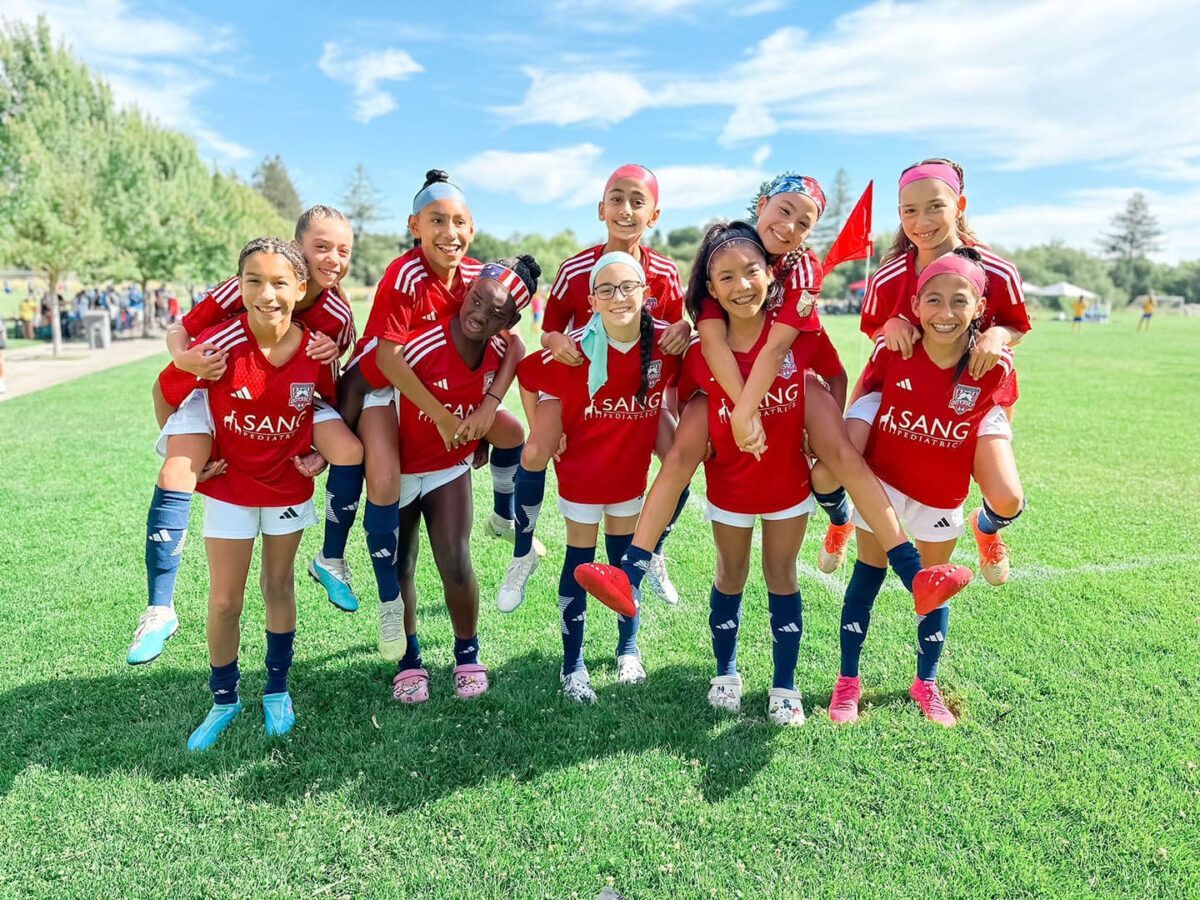
Raising a young athlete isn’t easy, and if you’re reading this, you’re already doing something right. You care, you’re engaged, and you’re asking the right questions.
But here’s what we’ve learned over years of caring for young athletes in Fresno and Clovis: Even the most attentive parents benefit from a team of trusted professionals who understand the unique demands of youth sports.
So, let Sang Pediatrics be that team. We are honored to be the support you and your child need. And with our partnership with the
Odyssey California Team, we’re expanding our reach and reinforcing our shared commitment to keeping young athletes healthy, supported, and ready to thrive with our:
- Comprehensive physical examination before and after the season.
- Injury evaluation when something doesn’t feel right.
- Nutrition and hydration guidance tailored to growing athletes.
- Mental health support for stress, anxiety, and burnout.
Whether it’s a nagging injury, a physical test, or just a gut feeling that something isn’t quite right—we’re here to help. No concern is too small when it comes to your child’s health.
Let’s Keep Your Young Athlete Happy
Sports Physicals FAQs
At what age should my child start getting sports physicals?
Sports physicals—also known as Pre-Participation Exams (PPEs)—are generally recommended once a child begins organized sports, which can be as early as age 5 or 6. Even if your child is active but not on a formal team, it’s still a good idea to have a checkup before each new season. At Sang Pediatrics, we tailor these exams based on your child’s age, activity level, and specific needs.
How can I tell if my child is just tired or actually experiencing burnout or stress?
It’s normal for kids to feel tired after practices, but if you notice your child becoming irritable, losing interest in the sport, struggling with sleep or school, or feeling anxious about performance, it might be more than just physical fatigue.
What should I bring to a sports checkup appointment?
Bring your child’s medical history (especially past injuries or chronic conditions like asthma), a list of any medications, and any school or team forms that need to be signed. Comfortable clothes are helpful, too, as a quick physical exam is often involved. We’ll take it from there!
Can Sang Pediatrics help if my child isn’t part of a competitive sports team?
Absolutely! Whether your child plays recreational sports, is active on their own, or just starting out, we’re happy to support their overall health and fitness. Injury prevention, nutrition, mental health, and growth tracking are important for all kids, athlete or not.








